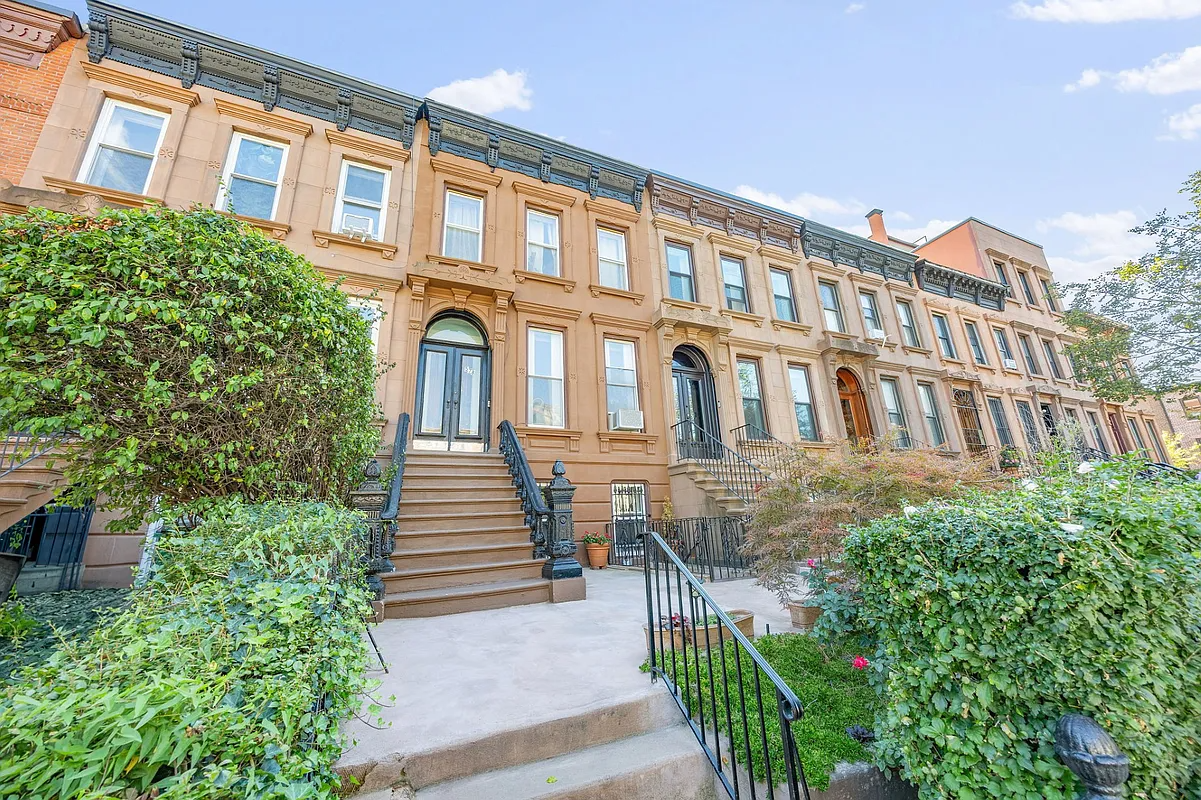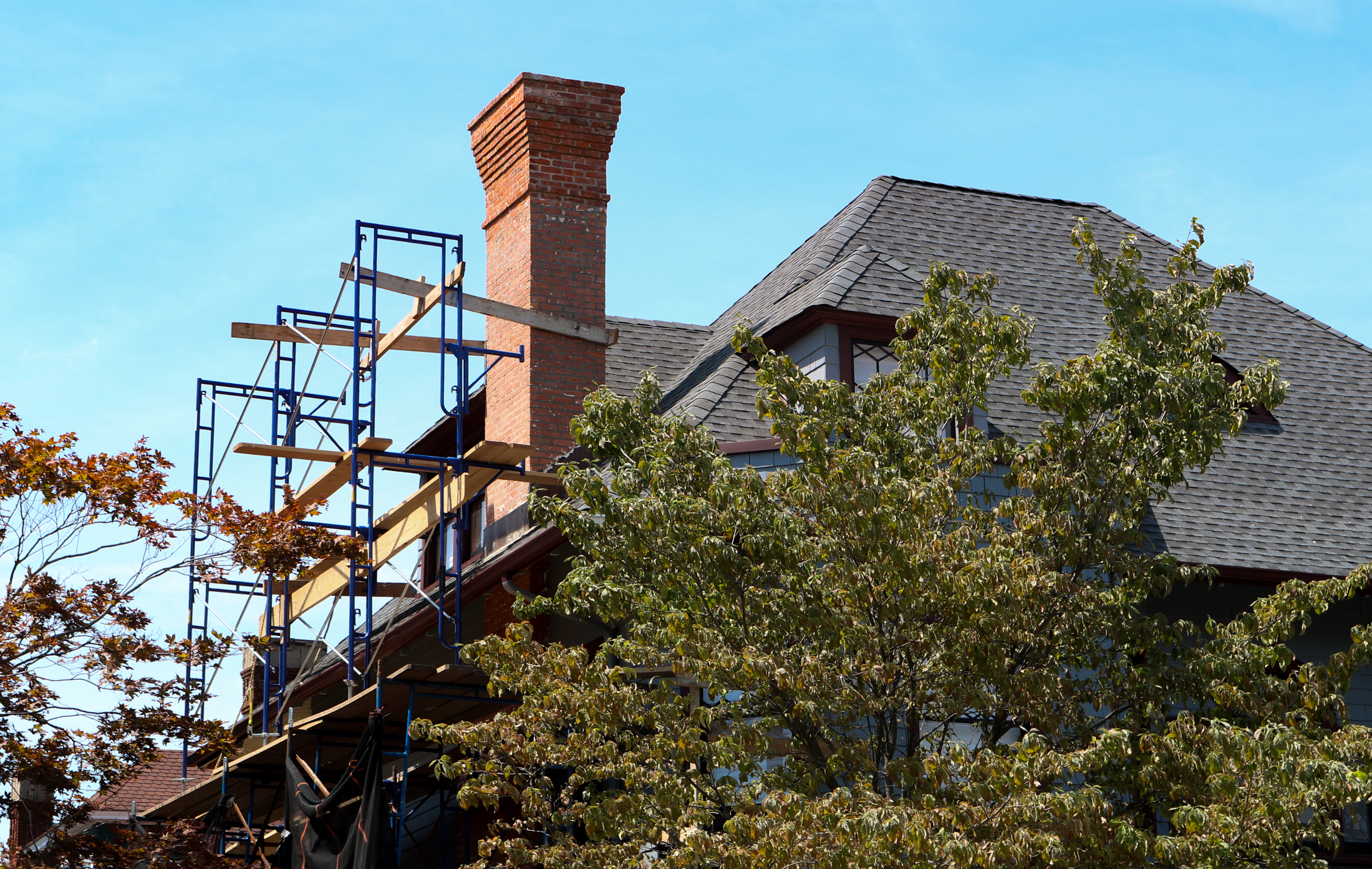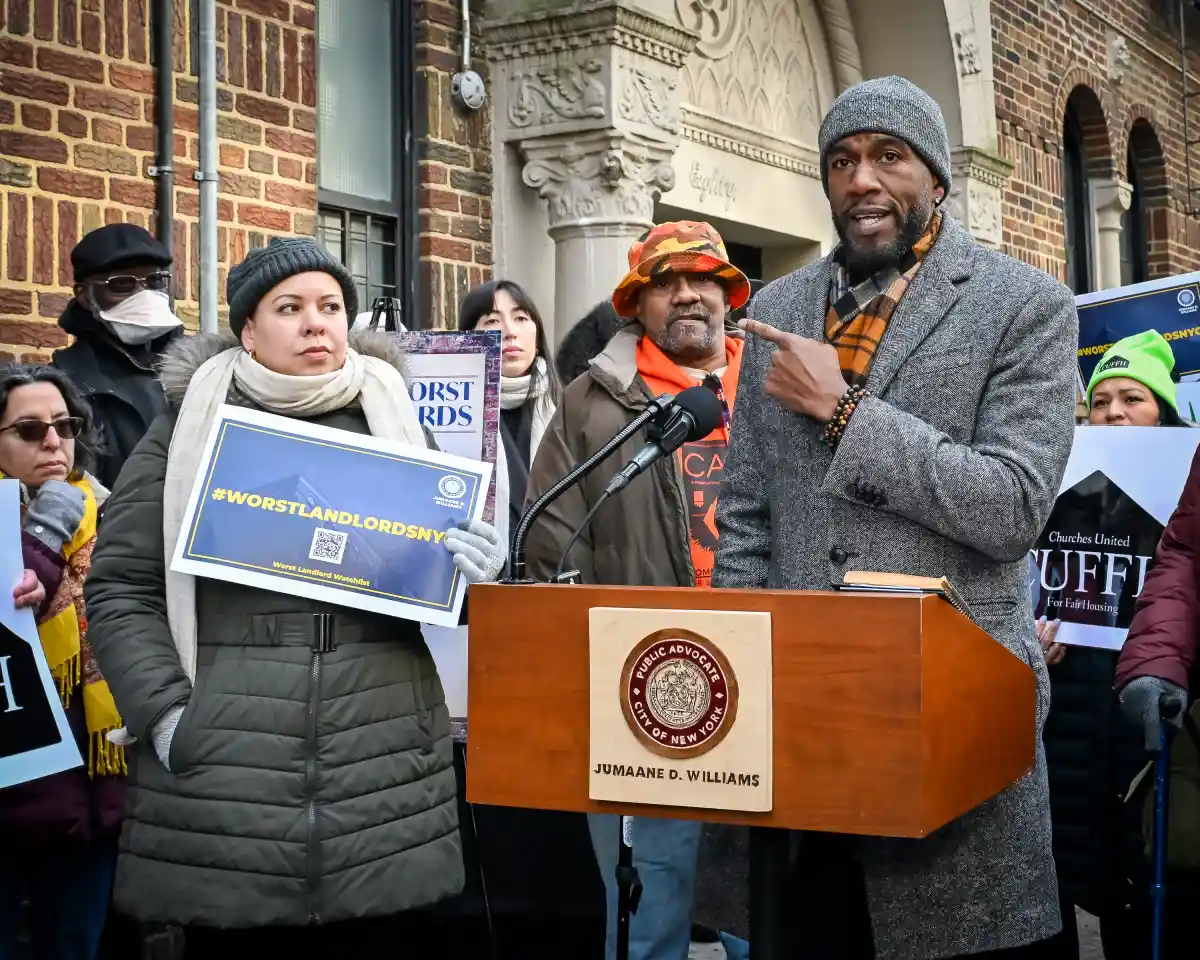This Ain't No Bubble, Says The Times
The Times took a surprisingly un-hyped look at the persistent bubble question this weekend. In the end, we thought the article supported the thesis that the city’s (well, Manhattan’s) real estate market was not crazily out of wack with other economic measures, namely income levels. Actually, the biggest take-away is that medians and averages often…

The Times took a surprisingly un-hyped look at the persistent bubble question this weekend. In the end, we thought the article supported the thesis that the city’s (well, Manhattan’s) real estate market was not crazily out of wack with other economic measures, namely income levels. Actually, the biggest take-away is that medians and averages often tell very different stories. A few highlights:
Flipping is not widespread (unlike some other hot markets like Miami). In fact, only 7 percent of Manhattan apartments turned over more than once in the past two years.
Even when inflation is taken into account, a buyer today is has much higher monthly costs that the buyer of the same unit back in 1989.
After peaking in 1987, prices fell 44 percent before bottoming in the mid-1990s. Although it took until the beginning of the next decade for prices to reach their former highs on an inflation-adjusted basis, by 2005 the median co-op and condo were more than one-third higher than 1987 levels.
A Business360 study found that average wages have increased faster than average housing prices since 1981–though a look at median numbers tells a different story.
There are a lot of new units coming on line in the next year or two, but not enough to create a problem of oversupply.
Reading the Signposts [NY Times]
What's Your Take? Leave a Comment







excellent point TW…
I’d be interested to know what proportion of recent purchases have been made by non-US based investors. While it’s probably low it’s another factor to consider when counting the number of New Yorkers who can afford to buy here. Also, with the dollar so weak, ‘expensive’ is a relative term.
I don’t think anybody is saying that prices can’t fall or stay down for an extended period of time. All I am saying is that a lot of people are taking the long view. I’m also saying that certain people want to own badly enough, for any number of reasons, that the risk is worth it. You might say that they can afford to ride out a downturn.
Also, in terms of Wall St cycles, while there hasn’t been a bloodletting like the early 90’s, depending on your product area (M&A, high yield, etc.), there has been plenty of flucuation in bonuses, especially at the senior levels. And let’s not forget about all the merger activity in banking. The mature Wall Streeters realize their incomes and jobs can be disrupted. Of course, when you’re young, you think you’ll live forever. That will always be the case.
There hasn’t been a real down cycle on the street for over a decade or so now. [ The downturn after 2000 wasn’t all that severe]. I suspect many younger people have forgotten what a real downturn is (maybe they think it just means lower bonuses).
And lets be clear here — the number of people who make over 250K, even in NYC, is still a small percentage of the population.
Furthermore, someone still needs to explain how prices rose nearly 100% in the last 5 years in many areas in Manhattan, while bonuses in most cases have barely budged since 2000 (in fact, they fell until last year).
Manhattan is not as insanely overvalued as California (relative to income) and housing prices may hold up better here than they will in California. But make no mistake — prices can fall and remain down for extended periods of time. Remember the sure thing that Tokyo real estate was, and how its gone through 15 years of declines ?
Further to my comment, I would use myself as an example. I could easily cash out of my property for well in excess of $1MM of gains, however, I know that I would not be satisfied with any of the rental housing I could get. I customized this place to suit my needs and my lifestyle. And I don’t “need” $1MM in cash laying around (not to mention taking the cap gains taxes). It would simply pose a problem for me in figuring out where to put that money.
I know that there are some people cashing out, mainly where the home represents the most money they expect to ever see. But I don’t sense that it is a tidal wave, nor will it become one.
JoshK,
I see your point a bit better now (though I would scrap the cab example). First of all, I am that Director sitting behind you, and I know and work with many people who make anywhere from $150K on up into the 7-figures.
All of them are property owners, with the exception of a few relatively young Associates and Analysts. Some of them have even been 1st time purchasers in this market. When you can put down 50%, you can keep your ongoing housing costs within a range that makes it affordable even in bad bonus years. And anybody on the street who’s seen at least one down-cycle, knows that you have to keep a decent amount of funds around for liquidity, enough to bridge you through at least a year without a job.
True, nobody wants to buy over-valued assets. But, I think that the more money you have, the more likely you are to take the longer view. Over time, NYC real estate makes a decent place to park money. In addition, there is a luxury component to the desire to own, primarily that it is difficult to obtain the same type of housing in a rental. Bragging rights come with a designer-renovated apt or brownstone at a tony address.
I grew up in Queens. While we were aware that that the borough is part of the the city, we always referred to Manhattan as “the city”. As in “We’re going to a party in the city tonight”. Then some smart kid would say “Queens IS part of the city”.
I propose that a definite difference between now and the late 80s is the amount of people that own (which I feel should hold up RE values). In the late 80s, we saw the effects of the 60s and the 70s when many neighborhoods became depressed and dangerous. I am not saying this happened throughout NYC, but in many areas, people that owned rented out to people when they left for the suburbs. Many immigrant families that were land owners moved to the burbs while they rented out their properties. These were very low rents and allowed for people to come in that made many areas unsafe. Now many areas have gentrified (for better or worse) and many more people own.
People care about neighborhoods and many have become safer, nice places to raise a family. The urban plight is now longer prevalent so I feel people will stay in New York. As people stay and continue to care about their neighborhoods, NYC will continue to flourish. Along with that, as someone stated earlier, every year many more people are coming to NYC with money or about to make a lot of money.
These issues I feel are more important to keeping values strong, not some of the other economic indicators (though they have value, they are not always accurate to NYC, which is an anomaly to RE models). What other city is an island and has as many job opportunities with so many of the world’s industries centered here.
As long as there are jobs and people care about their property, I think the market will be strong.
On the flipside, I am a idealist and wish everyone could afford to own in New York. It would make the greatest city in the world even better.
I think a lot of this argument is missing the point. Even for someone in the mid six-figure range (and my family do make that much), a lot of the money is bonus based. Those of us who’ve been through lean years know that bonuses can dry up quickly.
The basic point is psychology. If people feel that prices will continue to go up, they’ll feel comfortable shelling over $1M for small apartments. Once psychology turns, it can get ugly.